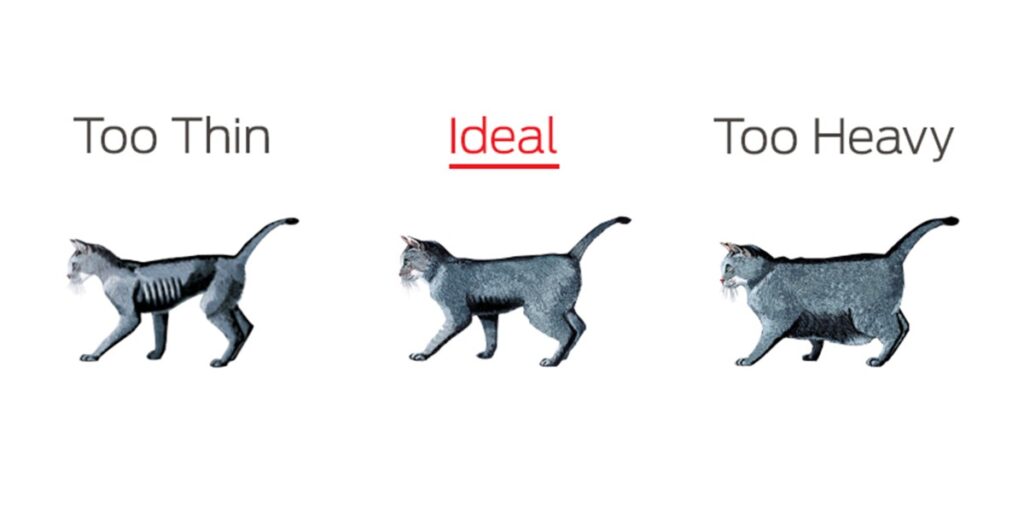Welcome to Your Pet Diary, where the welfare of your furry companions is our top priority. In today’s world, pets aren’t just animals; they are integral members of our families. Dogs, in particular, offer unwavering loyalty, companionship, and boundless love. However, ensuring their well-being involves more than just love and affection; it requires practical measures like dog health insurance. In this comprehensive guide, we delve into the significance of dog health insurance and why it should be a priority for every pet parent.
What is Dog Health Insurance
Dog health insurance, much like human health insurance, provides coverage for medical expenses incurred due to illness, injury, accidents, or preventive care for your canine companion. It offers financial protection against unexpected veterinary bills, ensuring that your dog receives the necessary medical attention without burdening you with exorbitant costs.
The Importance of Dog Health Insurance
Dog health insurance is crucial for pet owners as it provides financial protection against unexpected veterinary expenses. Just like humans, dogs can fall ill or get injured, and medical treatments can be costly. Having insurance ensures that pet owners can afford necessary care without facing financial strain or having to make difficult decisions based on cost. It promotes responsible pet ownership by encouraging regular veterinary check-ups and preventive care, ultimately ensuring the well-being and longevity of furry family members. Many of its important aspects are highlighted below
Financial Security
Dog health insurance offers financial security by providing coverage for veterinary expenses, including illness, accidents, and preventive care. With insurance in place, pet owners can rest assured that they won’t face exorbitant bills in case their dog requires medical treatment. This financial safety net allows owners to make decisions based on their pet’s health needs rather than financial constraints. Moreover, some policies also cover specialized treatments, prescription medications, and even alternative therapies, further enhancing the peace of mind of pet owners. By mitigating the financial burden of veterinary care, dog health insurance ensures that dogs receive prompt and necessary medical attention, leading to better overall health outcomes.
Access to Quality Healthcare
Access to quality healthcare is a fundamental right that ensures individuals receive timely, effective, and equitable medical services to maintain or improve their health. Quality healthcare encompasses a range of factors, including access to trained healthcare professionals, essential medications, diagnostic tools, and treatment options. Additionally, it involves comprehensive preventive care measures, such as vaccinations, screenings, and health education, to promote overall well-being and prevent the onset of diseases. Ensuring universal access to quality healthcare not only improves individual health outcomes but also contributes to the overall health and prosperity of communities and societies. It fosters social equity by reducing disparities in healthcare access and outcomes, ultimately leading to healthier, more productive populations.
Preventive Care
Preventive care is a proactive approach to maintaining health and well-being by identifying and addressing potential health concerns before they develop into more serious issues. It encompasses a range of interventions, including regular check-ups, screenings, vaccinations, and lifestyle modifications, aimed at reducing the risk of illness or injury. By focusing on prevention rather than treatment, preventive care not only helps individuals stay healthy but also saves lives and reduces healthcare costs in the long run. It empowers individuals to take control of their health and make informed decisions about their lifestyles and healthcare choices. Moreover, preventive care plays a crucial role in public health initiatives, helping to control the spread of infectious diseases and manage chronic conditions more effectively. Overall, prioritizing preventive care promotes a culture of wellness and enables individuals to live longer, healthier lives.
Emergency Situations
Emergency situations refer to sudden and often unforeseen events that require immediate action to prevent harm or mitigate the impact of a crisis. These situations can range from natural disasters like earthquakes, floods, or hurricanes to medical emergencies such as heart attacks, accidents, or severe injuries. Prompt and effective response to emergencies is essential to minimize loss of life, injury, and property damage. Emergency preparedness involves proactive planning, coordination, and training to ensure that individuals, communities, and organizations can respond swiftly and effectively when disaster strikes. This may include establishing emergency response protocols, stockpiling essential supplies, and conducting drills to practice emergency procedures. Additionally, access to reliable communication channels and emergency services is critical for coordinating response efforts and providing assistance to those in need. Overall, being prepared for emergency situations can help save lives, reduce suffering, and build resilience in the face of adversity.
Chronic Conditions and Long-Term Care
Chronic conditions are health issues that persist over an extended period, typically requiring ongoing management and treatment. These conditions can range from diabetes and hypertension to asthma, arthritis, and mental health disorders. Long-term care refers to the comprehensive support and services provided to individuals with chronic conditions or disabilities who require assistance with activities of daily living, such as bathing, dressing, and medication management.
Managing chronic conditions often involves a combination of medication, lifestyle modifications, and regular monitoring to prevent complications and maintain optimal health. Long-term care may be provided in various settings, including nursing homes, assisted living facilities, or home care arrangements, depending on the individual’s needs and preferences.
Access to quality long-term care is essential for ensuring the well-being and independence of individuals with chronic conditions, as it helps them maintain their quality of life and dignity while managing their health needs. This may involve coordination between healthcare professionals, caregivers, and support services to provide personalized care tailored to the individual’s unique circumstances. Additionally, addressing social and environmental factors that influence health outcomes, such as access to nutritious food, safe housing, and transportation, is crucial for optimizing long-term care and improving overall health outcomes for individuals with chronic conditions.
Peace of Mind
Peace of mind refers to a state of inner calm, tranquility, and assurance that comes from feeling secure and confident in one’s circumstances. It involves a sense of contentment and emotional well-being, knowing that one’s needs and concerns are being addressed and that there is a sense of stability and certainty in life. Peace of mind can stem from various sources, including financial security, stable relationships, good health, and a sense of purpose or fulfillment.
In the context of healthcare, peace of mind often comes from knowing that one has access to quality medical care and support when needed. This can be achieved through measures such as having health insurance coverage, regular check-ups, and access to reliable healthcare providers. Additionally, knowing that loved ones are also cared for and that there are plans in place for unforeseen circumstances can contribute to peace of mind in terms of health and well-being.
Overall, peace of mind is essential for overall happiness and resilience in the face of life’s challenges. It allows individuals to navigate uncertainties with confidence and optimism, leading to a greater sense of fulfillment and satisfaction in life.
Choosing the Right Dog Health Insurance
When selecting a dog health insurance plan, it’s essential to consider factors such as coverage options, premiums, deductibles, co-pays, exclusions, and waiting periods. Each dog is unique, and the best insurance plan for one may not be suitable for another. Take the time to research different insurance providers, compare plans, and read the fine print to ensure that you choose a policy that meets your dog’s specific needs and your budget.
Ending
As responsible pet owners, ensuring the health and well-being of our canine companions is paramount. Dog health insurance offers a practical solution to mitigate the financial risks associated with veterinary care while ensuring that your dog receives the medical attention they deserve. At Your Pet Diary, we advocate for the importance of dog health insurance and encourage all pet parents to prioritize this vital aspect of pet care. By investing in dog health insurance, you not only protect your furry friend but also provide yourself with invaluable peace of mind knowing that you’re prepared for whatever the future may bring.







